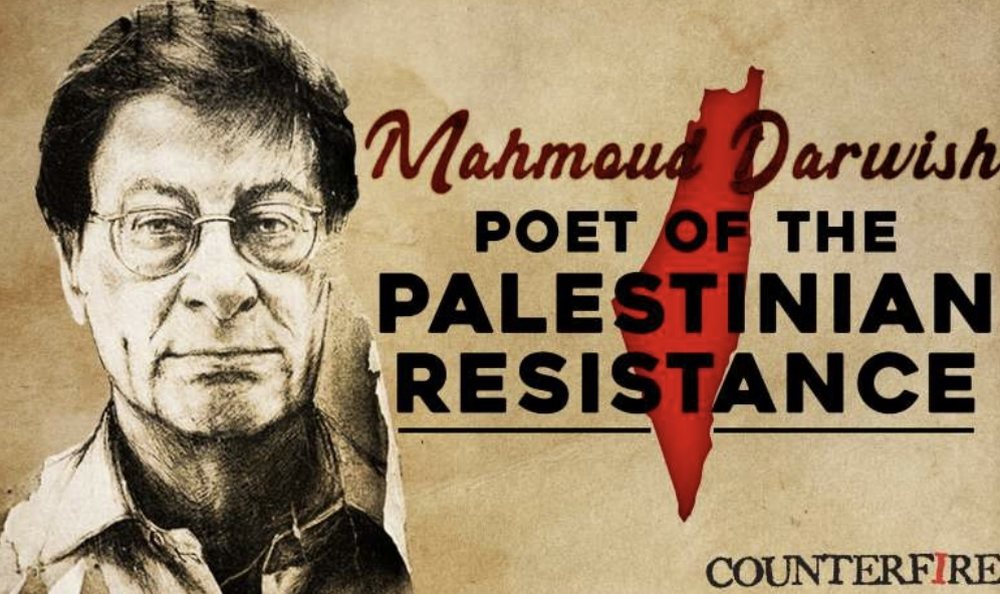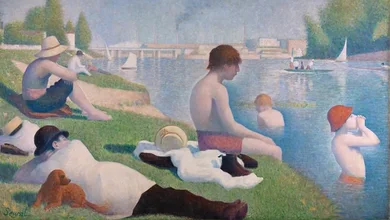
"Yesterday we lost freedom, today we are losing love. I fear that tomorrow we will lose humanity." - these are painful verses by the Palestinian national poet Mahmoud Darwish.
Born in 1941 in Palestine, he died in the US in 2008 at the age of 67. However, the verses of pain seem to have been written while experiencing Gaza and its Palestinians alive today. Not surprising, because this has been the experience of every Palestinian for decades about his country.
Darwish is considered the spokesman and symbol of the Palestinians, as well as the author of the Palestinian Declaration of Independence in 1988, and has had a rich political life. For this reason, and because he was a Palestinian in the territory where Israeli settlers settled, he has lived a life of displacement and movement, starting from his childhood when he left his village where his home was destroyed.
But also a whole literary wealth and a literature filled with metaphors of nostalgia and pain, just like the life of a “muhajir” in his own country and in other places. The metaphors of love are so evocative, but at the same time they make the reader question whether it is pain that is expressed only in love, or the pain of love for the lost country and land. Whatever it is, Daruish arranges them neatly.
Daruish's work has been published in 20 languages and has won a number of awards. For the Albanian reader, the publishing house "Dudaj" has brought this year a collection of poems entitled "Don't apologize for what you did", translated into Albanian by Agron Islami.
Poems that range from singing love, to humble compassion (I feel nostalgia for my mother's bread/ for my mother's coffee/ for her caress), to the power of resilience in the poem "In Jerusalem": "Suddenly a soldier screamed:/ - You again?! Didn't I kill you?/ I said:/ - Yes, you killed me... but, I, like you,/ forgot to die", or the hope of revival in the poem "Man": "No detention cell is eternal,/ much less the rings of handcuffs".
It is a volume of poems that should not be left unread, both to enjoy the poetic inspiration and the richness of the literary figures used, and to express the strength of endurance. Meanwhile, on these hot summer days, we suggest that while sipping your morning coffee, you open the book to the poem “Coffee”, which without exaggeration can be considered a hymn to coffee:
"Every house has its own coffee,
Even every hand has its own coffee,
because it has no soul
that resembles another soul.
Coffee is like love:
little of it is not confessed,
"and even a lot of it doesn't satisfy you."
By Trëndelina Gashi






















